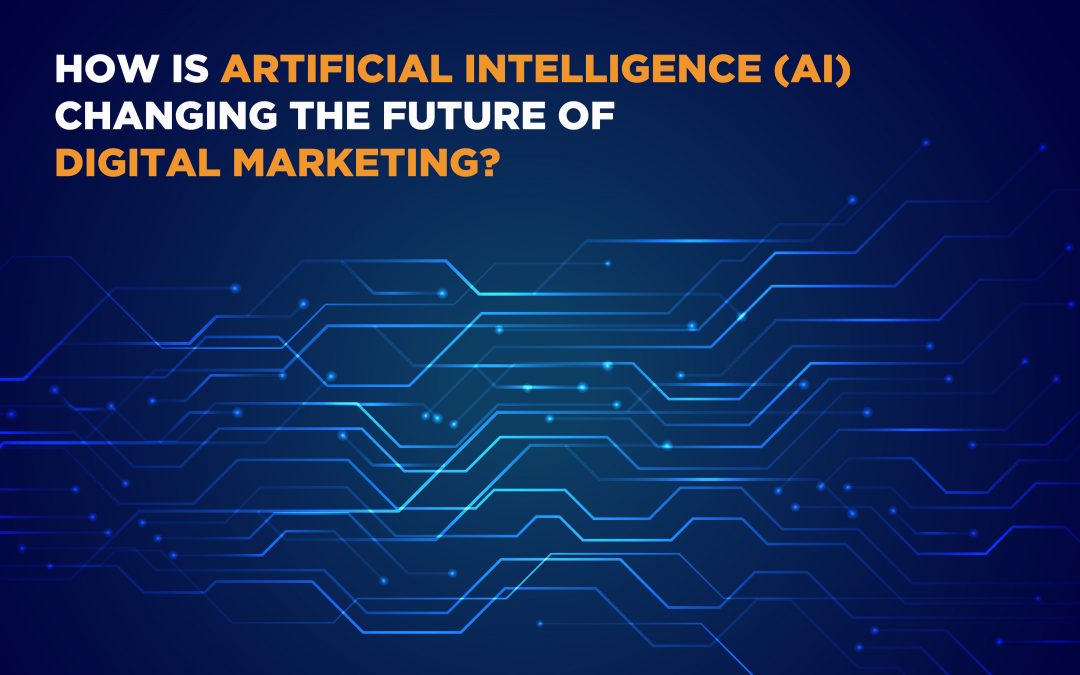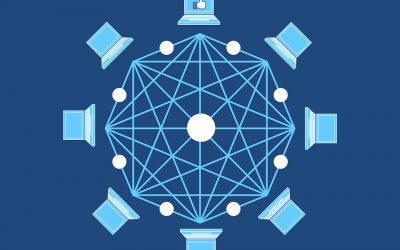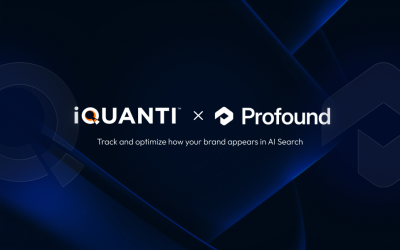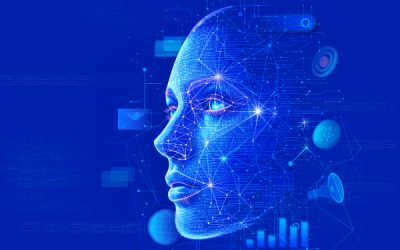Artificial intelligence promises to bring change to nearly every industry – and digital marketing, in particular, will see major upheaval from AI sooner rather than later.
How is AI changing digital marketing? There are two major impacts it is likely to have:
- Automated marketing initiatives – already very common – will be managed by AI, as long as sufficiently large data sets are available.
- AI promises to improve the performance of marketing campaigns across all channels, accelerating the enterprise sales cycle and boosting revenue.
The effect of AI will be so profound that in the near future, “intelligent” digital marketing will be the default, while today’s status quo will look clunky and cumbersome.
Here are three areas in which we can expect to start seeing artificial intelligence in digital marketing.
Optimization of Digital Marketing Campaigns
Digital marketing campaigns are already deployed at scale. Enterprise-grade campaign management tools let marketers place thousands of ads across multiple ad networks – but doing so requires significant manual effort.
With the use of AI in digital marketing, these programs will effectively run themselves, learning over time what works and what doesn’t.
Expect AI to not only uncover new tactics and methods for campaign optimization but lower the cost of running campaigns. In the present day, campaign optimization demands the talents of at least one marketing analyst. As a result, 8 percent to 10 percent of a big brand’s media spend will typically go to administration.
It’s here that we will start to see the role of AI in digital marketing. Soon, AI technologies will be able to optimize campaigns with minimal human involvement. Simply define 10 to 15 parameters – such as which sites to place ads on or how much to spend – and the AI will figure out how much money to put where.
AI in digital marketing promises to greatly increase efficiency and return on ad spend. Google is already incorporating some deep-learning technologies into its small-business marketing suite, having just released a “Smart campaigns” feature aimed at local advertisers. By automatically optimizing the placement of local search ads, Google claims Smart campaigns delivers 3x the performance of the AdWords platform it replaces.
Personalization
Personalizing marketing messages is about identifying who the prospect is, what message will resonate with that person, when it should be presented, and which channel should be used. As with campaign and bid optimization, orchestrating all of this demands a lot of input.
With the use of AI in digital marketing, personalization will be accelerated – helping marketers act faster on the data they have available.
Today’s enterprise-grade marketing platforms already automate outreach, depending on persona, funnel stage, account actions, and many other triggers. When AI is fully infused into digital marketing automation tools, each of these factors can be optimized in real time so as to maximize conversion.
All marketers will have to do is define the touchpoints involved in the purchase path and the parameters that describe the target customer. AI will then take over, define what kinds of personalization works best for different segments, then automate outreach completely.
Data Analysis
Marketing, website analytics, and monitoring tools provide enterprises with millions of data points to analyze. This wealth of information can unlock better decision-making – but the sheer volume of data makes gaining insights a challenge.
AI promises to influence marketing data analysis for the better. It will take over the process of ingesting, cleaning up, and parsing enterprise data, throwing out exceptions and enabling faster, more accurate analyses.
AI tools will completely take over digital marketing journey analysis and make recommendations to optimize individual journey steps.
Because it works at scale, AI can deliver recommendations nearly instantaneously. Large websites – such as those in ecommerce – stand to benefit the most from this kind of AI-driven decision-making. Because they will know which changes will have the most impact, the laborious process of site optimization can be greatly accelerated.
AI will even be able to show marketers new avenues they did not previously recognize as being impactful. By unlocking previously hidden insights, AI will help digital marketing teams develop strategies that are fully informed by data.
The Final Word
The primary challenge for companies in the age of AI will be training their AI systems. AI needs feedback to “learn” patterns and optimize processes, and developing meaningful feedback loops demands large data sets. It’s for this reason that businesses like Google and Facebook, with their huge data troves, are today’s AI leaders.
Still, as artificial intelligence proliferates across the marketing landscape, even small companies will benefit. Keep an eye on AI in digital marketing – it’s coming sooner than you think.
How do you ensure that your digital marketing strategy matches steps with the evolving role of AI? Are there additional areas of AI impact you would suggest we add to this article? Tell us here.






